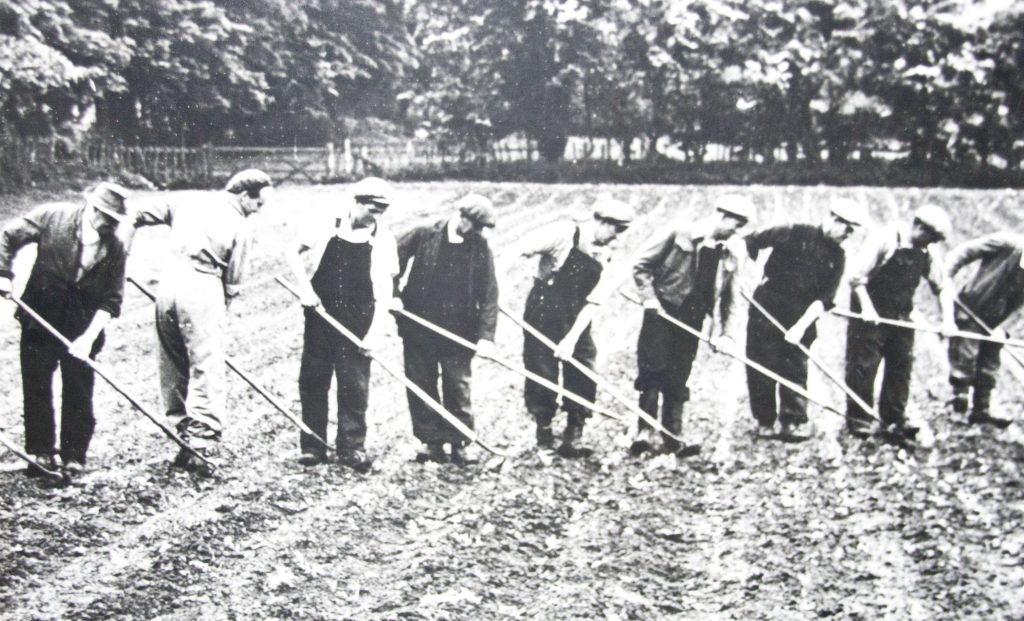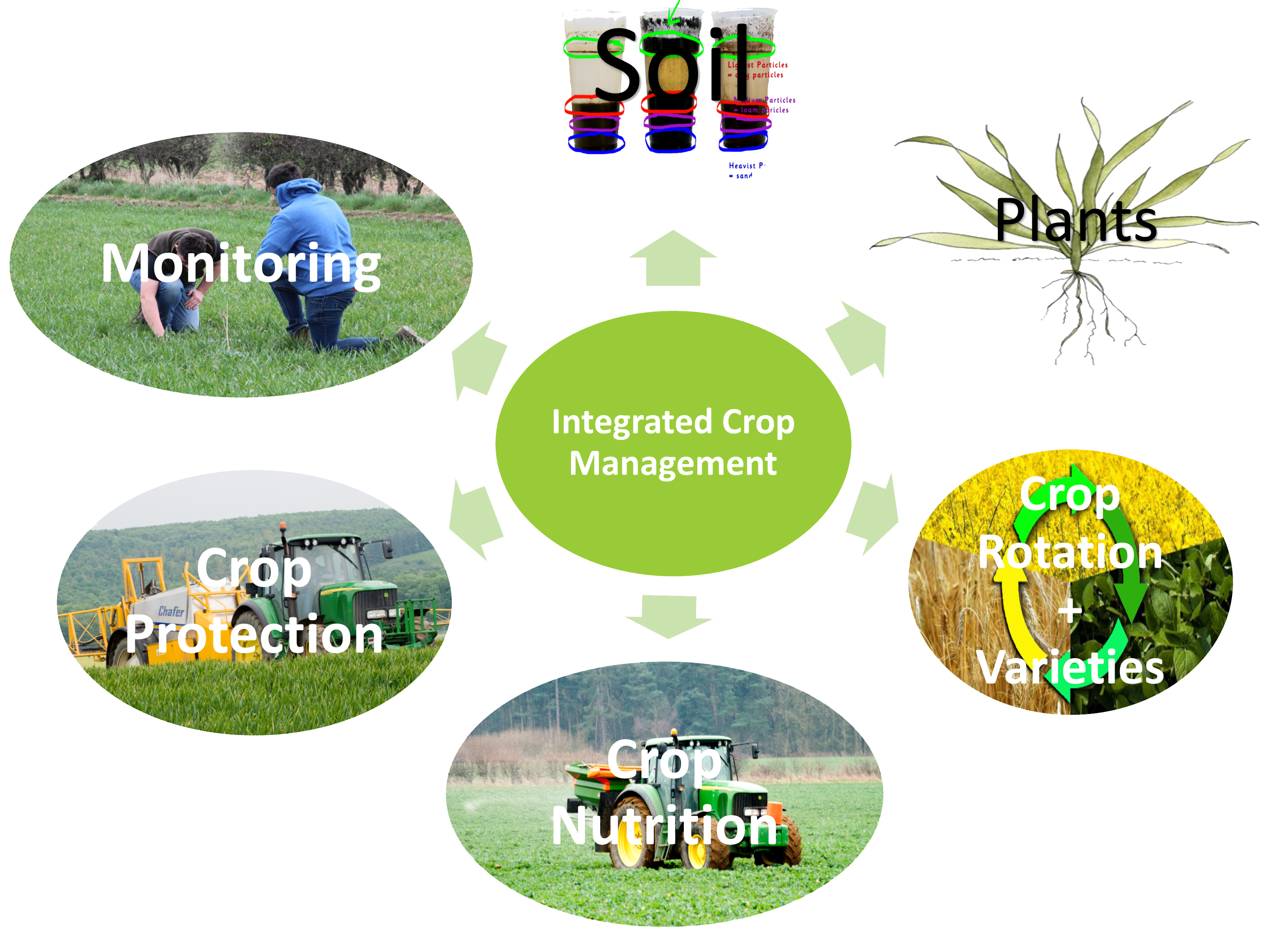Learning Outcomes:
- Explain what sustainable agriculture is
- Explain how integrated crop management links to sustainable agriculture.
ICM in Action: A Real-World Example
In India, a group of smallholder farmers in Punjab adopted ICM practices, including crop diversification, reduced pesticide use, and precision irrigation. Within two years, their yields increased by 30%, while their farming costs dropped significantly. Plus, the soil in their fields showed signs of recovery, proving that sustainable farming works!
Poly4 – a new fertiliser
POLY4 is a multi-nutrient, low-chloride fertiliser suitable for organic farming.
Containing four of the six essential macro nutrients required for plant growth.
Precision Agriculture
Growing Smarter: An Introduction to Integrated Crop Management (ICM)
Ever wondered how farmers can grow more food while protecting the environment?
The secret lies in a smarter way of farming called Integrated Crop Management (ICM). Imagine combining the best farming techniques with science and sustainability to create a win-win for the planet and people. That’s what ICM is all about!

Farmers have always taken a holistic view or growing crops. They have a great deal of knowledge and skill for considering the interactions of what they do, from choosing the crops, rotation, soil cultivations, crop nutrition and protection in order to produce food safely and efficiently. The continuing development of science and technology coupled with concern for the environment has given the idea of ICM a new twist.
If you’re an agriculture student dreaming of making a real difference, ICM is your gateway to a future where farming isn’t just productive—it’s revolutionary.
What is ICM?

Integrated Crop Management might sound like a complicated term, but it’s really about balance. At its core, ICM is a way of farming that combines different practices to boost crop yields while protecting natural resources like soil, water, and biodiversity.
Instead of using a one-size-fits-all approach, ICM helps farmers:
- Grow healthy crops.
- Reduce chemical use responsibly.
- Adapt to their environment.
It’s like putting together a puzzle—every piece matters to get the best result!
Why Should You Care?
As agriculture students, you’re not just learning how to grow crops—you’re shaping the future of farming. The world is counting on you to feed 10 billion people by 2050, all while facing climate change and limited resources.
By mastering ICM, you’ll:
- Learn how to combine science with traditional knowledge.
- Stand out as a professional who can solve real-world farming challenges.
- Help create a sustainable future for agriculture.
The Building Blocks of ICM
Let’s break it down into four simple parts:
- Soil Health Management
Healthy soil is the foundation of good farming. ICM focuses on practices like crop rotation, organic matter addition, and minimizing erosion to keep the soil alive and thriving. - Pest and Disease Control
Say goodbye to blanket pesticide use! ICM promotes Integrated Pest Management (IPM)—using biological controls, monitoring pest levels, and only using chemicals when absolutely necessary. - Water and Nutrient Management
Efficient use of water and nutrients is key. Drip irrigation, soil testing, and precision fertilization are just a few tools in the ICM toolkit. - Technology and Innovation
From drones to monitor crops to AI predicting weather patterns, technology plays a huge role in making ICM smarter and easier to adopt.
How You Can Get Started
- Learn by Doing
Start experimenting with ICM techniques on a small scale. For example, try growing different crops in rotation or using natural pest repellents. - Understand Your Ecosystem
Every farm is different. Study your local climate, soil type, and common pests to create a customized ICM plan. - Stay Curious
Keep learning about new technologies and methods in agriculture. Attend workshops, connect with experts, and don’t be afraid to ask questions.
Your Role in the Future of Farming
Integrated Crop Management isn’t just a technique—it’s a movement. As future agricultural leaders, you have the power to transform farming into a sustainable, productive, and environmentally friendly practice.
So, are you ready to grow smarter and make a difference? Dive into ICM and start planting the seeds for a brighter agricultural future!
Below is presentation which gives more details about “Sustainable agriculture and Integrated Crop Management?”


